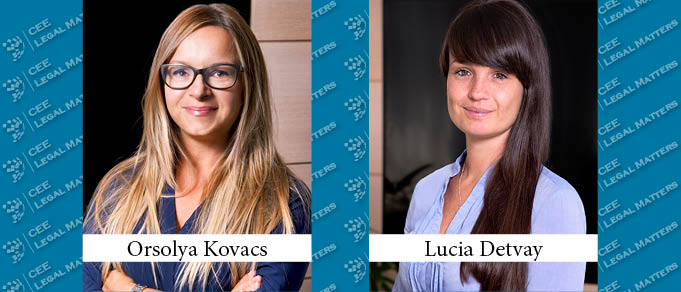Assessing the damages resulting from competition law infringement is one of the main focal points of private antitrust litigation. However, in almost all cases, the assessment of damages and causation requires an expert with specialized expertise. Below, we review the methods available in the Hungarian legal system for providing expert evidence. In particular, we will show that the law only provides limited options in cases requiring special expertise. Moreover, this limitation may be even more pronounced due to the seemingly obscure nature of case law interpretations related to private expert evidence – interpretations that are currently being formulated.
The new Hungarian civil code provides two options for expert evidence to the party on whom the burden of proof lies. Such a party may prove a disputed fact with (1) an expert appointed by the court or (2) a private expert engaged by the party itself.
According to the Hungarian act on experts, two types of experts may act as an expert: As a general rule, (1) forensic experts listed in the Hungarian register of forensic experts may be invited to act in the field indicated by them in the register. However, (2) if there is no registered forensic expert in the given field, or if the registered forensic expert is unable to act due to temporary absence or professional reason, or if the given field is not included in the list of fields that can be indicated in the register of forensic experts, a so-called ad hoc expert may act. The ad hoc expert is an expert who has expertise appropriate to the given topic and is able to provide forensic expertise, but who is not a registered forensic expert listed in the register.
In private antitrust litigation, the assessment of damages and causation is often a special question for which there is no registered forensic expert or there are only a few who are unable to act due to different reasons, and thus it becomes necessary to invite an ad hoc expert in such cases.
Litigators generally prefer private expert evidence since a party has already been able to ascertain the suitability of a private expert engaged by them, in contrast to a forensic expert who they do not know. It is no different in the case of private antitrust litigation. Since in most private antitrust litigation cases only an ad hoc expert can act due to the specialty of the relevant professional issue, evidence usually can only be (or needs to be) collected through the framework of private expert evidence from an ad hoc private expert.
However, a legal position has arisen which states that only registered forensic experts shall act as private experts and ad hoc experts shall not. This view, however, is more than questionable. First of all, this approach may even make private expert evidence impossible, by not allowing ad hoc experts with the appropriate expertise for a given question to act – if there is no registered forensic expert for the given question, or if there are only a few registered forensic experts for the given question who are unable to act due to different reasons. This obviously could not have been the intention of the legislator.
Secondly, by allowing the use of ad hoc experts only in the event of appointments by courts, the balance between the evidence taking by experts appointed by the court and the evidence taking by private experts engaged by parties is broken. No such distinction can be deduced from the relevant legislation. Finally, since the above idea does not allow the invitation to unlisted experts to act as a private expert – hence it favors the party choosing the evidence taking by experts appointed by the court over the party opting for the evidence taking by private experts they engaged themselves – the above idea may also impede the application of the equality of arms principle.
It is still an open question how this legal issue will be handled in Hungarian practice in the future. However, it seems necessary to review the above current legal position on private experts and to introduce a more sophisticated approach to interpret the current legislation.
By Orsolya Kovacs, Partner, and Lucia Detvay, Associate, Nagy es Trocsanyi
This Article was originally published in Issue 8.9 of the CEE Legal Matters Magazine. If you would like to receive a hard copy of the magazine, you can subscribe here.

